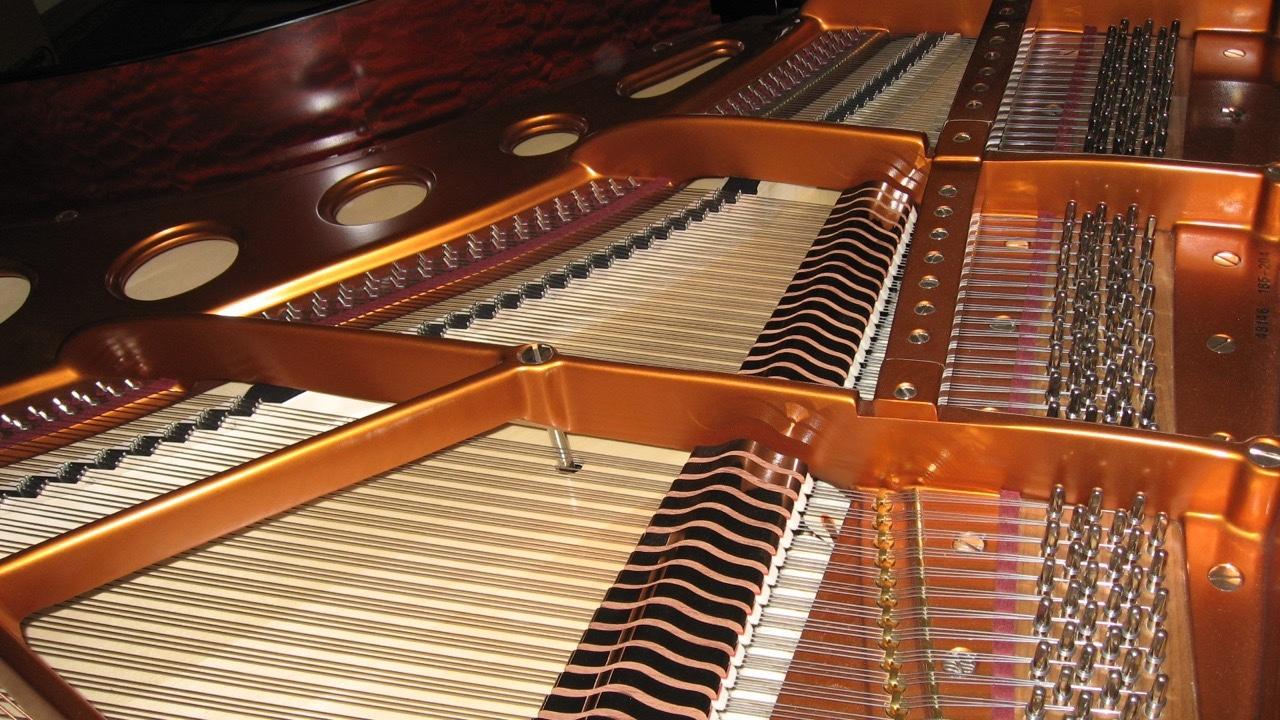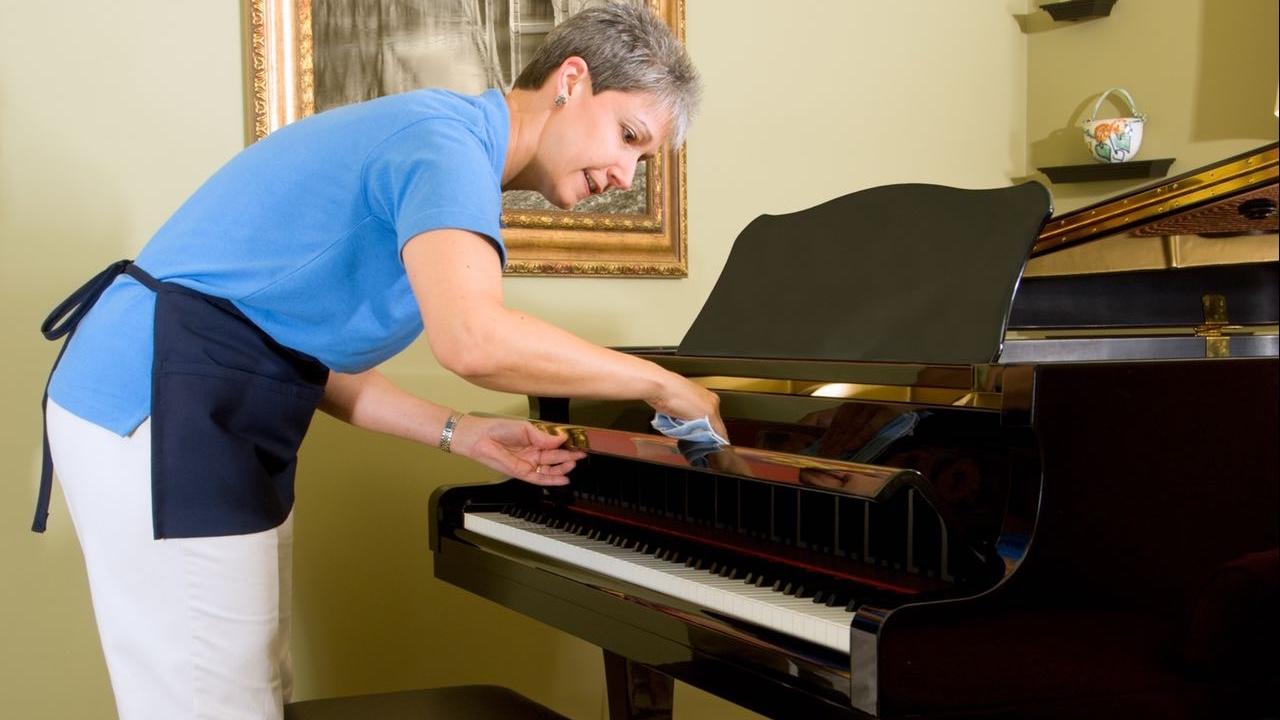Learn to play
beautifully
... even if you're a
complete beginner
What do Mozart, Beethoven, Liszt and Bernstein have in common? All were not only composers, they were also pianists and conductors. In our time many famous conductors started their careers as pianists, including André Previn, Daniel Barenboim and Vladimir Ashkenazy.
Why should pianists...
The simplest way to think of a seventh chord is three thirds stacked on top of each other.

The dominant seventh is the most important of the seventh chords and is fundamental to Western harmony. A useful shortcut is to think of a dominant seventh chord as a major triad with a minor third on top....
Do you love music? Are you learning to play a musical instrument?
There are more benefits to learning a musical instrument than you might have imagined. My colleague Diego Cardini of The Musician Lab prepared a special infographic on the benefits of learning music which you can download here on...
The 23-piece course for beginning pianists (18 by Bartók, 5 actually by his contemporary Sándor Reschofsky), First Term at the Piano, is now available to key-notes members. These pieces were written in 1913 as an introductory course suitable for beginners.
All pieces were newly...
A properly crafted piano can be a magnificent instrument that will last for ages and produce the most beautiful sounds. Buying a used piano can therefore be an excellent decision economically as well as musically.
Be that as it may, pianos are quite complex and very delicate instruments and not...
Creating a Healthy Environment for Your Piano
If you have an acoustic piano you'll want to take the best possible care of it, and the most important factor is the room environment. Once you have your acoustic piano placed properly in your room, away from a heater and direct sunlight, the...
In this article, I’d like to introduce you to a sheet music app by a leading classical sheet music publisher. Henle editions need no introduction for classical musicians. Recognizable everywhere by their dark blue covers, these “Urtext” editions are respected worldwide for the...
Is there such a thing as a “piano hand”? Do your hands need to be a certain size or shape for them to be suitable for playing piano?
Do you need big hands?
Let’s start with the question of whether you need big hands to play the piano. It’s true that there are certain...
The Useful Tips You Need to Know
Learning how to clean a piano is a very important to enhance the durability and the functionality of your instrument. Regular cleaning will not only keep your piano clean and presentable, it will also save you time and money spent to call on a professional for...
For generations – centuries even – pianists have sought the secret to playing with a beautiful tone. Teachers have attributed a beautiful sound to a certain type of hand and shape of the fingers, to touching the key with the “fleshy” part of the finger, to playing with...
Digital sheet music has come a very long way since the awkward initial attempts to turn laptops into contortionists a few daring musicians hoped would miraculously stay on a music stand. For several years, I’ve kept a digital score library on an iPad to supplement the traditional paper...
This Key Signature Chart is designed to help you learn all the key signatures easily. It’s written with increasing sharps and flats.
It’s essential for all musicians to memorize the key signatures. As you study it you’ll quickly learn its patterns and discover that it’s...





